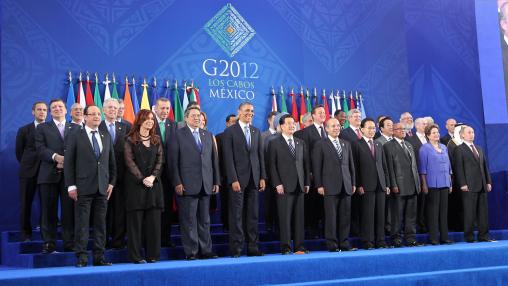
New Homepage Feature Tracks Mexico G20, Highlights Agriculture and Food Security
With the world facing continued population growth and the specter of climate change, food prices and food security are issues of growing global importance. The 2007-2008 and 2010-2011 food price crises have had lasting impacts on the face of the global food security environment; since 2001, food price volatility has been at its highest level in 50 years, and the uncertainty caused by this volatility is particularly detrimental for the world’s poor.
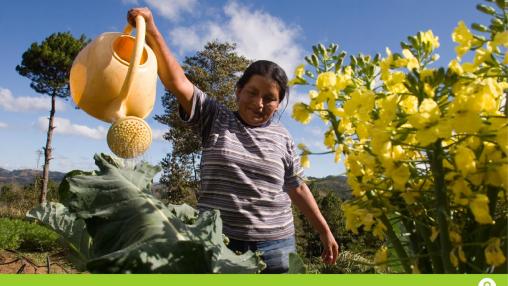
G20 Emphasizes Need to Increase Agricultural Productivity
Increasing global agricultural productivity faces many challenges, including a growing global population, increasing incomes (and thus increased demand for more labor- and resource-intensive foods such as meat and dairy), and climate change. Finding ways to sustainably increase agricultural production, particularly in developing countries, is crucial for food security.

Farmers' and Fishers' Organizations Present Recommendations to G20
The importance of global food security is being reinforced in various global venues, from the G8 summit last week to the upcoming Rio+20 conference . The upcoming G20 meetings in Mexico will also bring increased attention to the challenge of food security, addressing ways to increase food production and agricultural productivity on a sustainable basis to promote food security and foster economic growth worldwide.
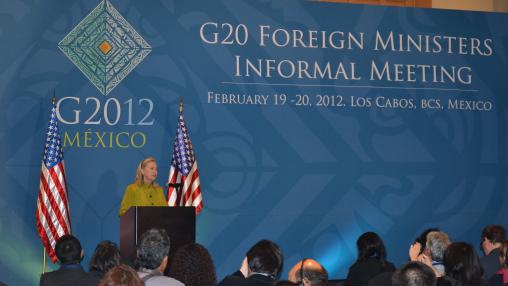
Financial Regulation
The global economic environment has been characterized in recent years by high debt levels, financial volatility, high levels of risk, and a persistent development gap. With the world still reeling from the recent economic downturn, achieving sustainable economic growth remains a formidable challenge for developing countries. Worldwide economic growth in 2012 is expected to remain moderate, with weak growth in most developed countries and slowing growth in the developing world.
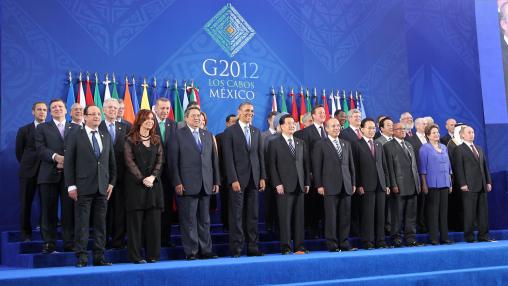
AgResults
It is being increasingly recognized that real, sustainable economic growth and food security requires input from both the public and the private sectors. However, much of the private sector in developed countries has historically been hesitant to invest in developing nations, particularly in riskier ventures such as agriculture.
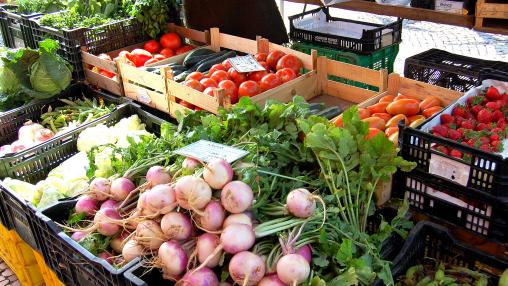
Agricultural Market Information System
A major challenge to food security worldwide is a dearth of accurate, timely information. Without reliable information regarding world agricultural markets, production, and stocks, policymakers may engage in harmful policies such as export bans or panic buying, only serving to further drive up food prices and price volatility.

Rapid Response Forum
Price volatility in agricultural commodity markets has received a lot of attention in the past year. (For more information on food price volatility, see the Excessive Food Price Variability Early Warning System .) As part of the 2011 G20 Action Plan , the Agriculture Ministers agreed on several initiatives to address high food prices and price volatility. The Rapid Response Forum is a part of the larger Agricultural Market Information System (AMIS) initiative and is designed to promote timely discussion among global policymakers of abnormal agricultural market conditions.
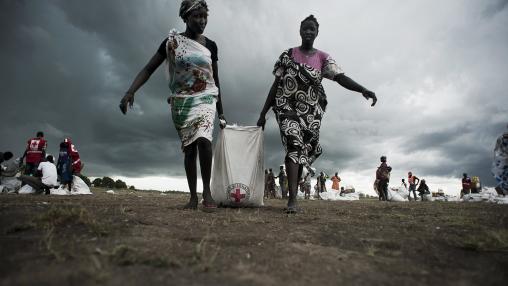
Emergency Humanitarian Food Reserves
The 2011 Horn of Africa food crisis reinforced the need for governments and international organizations to be able to react quickly to ongoing humanitarian crises such as drought and famine. In particular, emergency food supplies are critical to mitigate the effects of negative weather events and price shocks. Such supplies must be maintained and used effectively, however, to prevent further disruption and volatility in both global and local food markets.
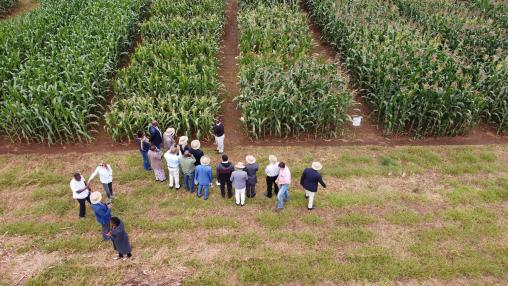
Global Agricultural Monitoring
Negative weather events and climate change present an ongoing global challenge for agricultural production and food security, particularly for the poor in developing countries. Unforeseen weather events and changing agricultural conditions can lead to decreased agricultural productivity, increased and volatile food prices, and food insecurity and malnutrition. Being able to track environmental conditions and better predict harvest levels would give policymakers the ability to prepare for potential food shortages.
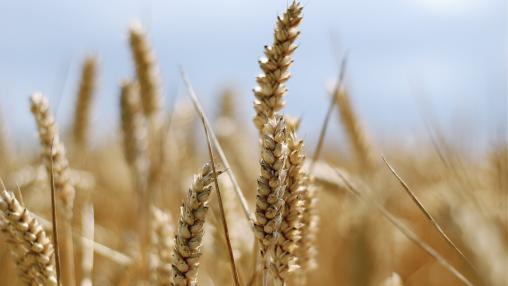
G20 Wheat Initiative
Research into more productive varieties of staple crops is an important part of agricultural R&D. Agricultural conditions can vary greatly among regions, countries, and even micro-regions; thus, seeds that produce well in one area may not be as productive in another. And with climate change posing even greater agricultural challenges for poor producers, this research is even more critical.